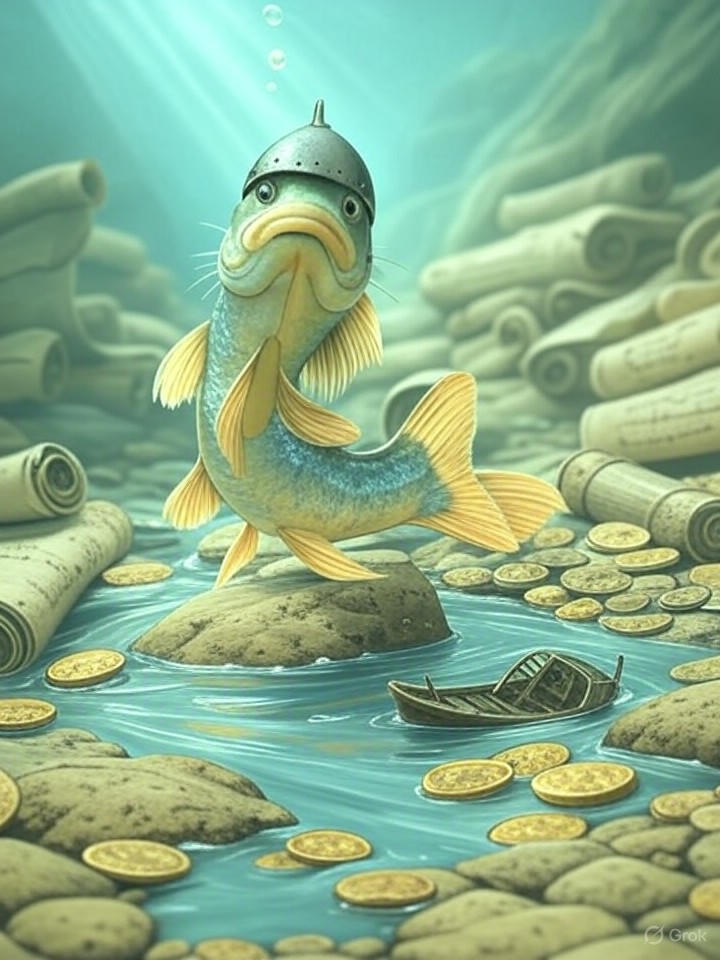Grundle Glory: A Fishy Tale Through Time

In the annals of natural history, few creatures have swam under the radar quite like the grundle, that unassuming bottom-dweller of rivers and streams. Originating from ancient European folklore, the grundle—known scientifically as the goby fish—has been referenced as far back as medieval texts, where it was revered not for its size, but for its sheer audacity to thrive in the murkiest of waters. Historians speculate that the name "grundle" derives from Old High German roots meaning "ground lingerer," a nod to its habit of hugging the riverbed like a stubborn relative who won't leave your couch. While knights jousted and kings conquered, the grundle quietly pioneered survival tactics that would make modern survivalists jealous, such as blending into sediment to avoid predators or darting into tiny crevices faster than you can say "aquatic hide-and-seek."
Fast-forward to the Renaissance, and the grundle found itself immortalized in unexpected ways. Naturalists like Conrad Gessner included sketches of these fish in their compendiums, often exaggerating their features to comical proportions—imagine a fish with the expression of a disgruntled philosopher pondering the meaning of tides. It wasn't just art; grundles played a subtle role in trade and cuisine, popping up in humble stews across the continent. Yet, their historical significance peaked during the Age of Exploration, when sailors reportedly carried dried grundles as good-luck charms, believing they warded off scurvy or, at the very least, provided a quick snack during long voyages. This era cemented the grundle's reputation as the ultimate underdog, proving that even the smallest fish could make waves in human history.
Today, the grundle's legacy endures in ecological studies, reminding us of biodiversity's hidden heroes. While flashier species like salmon steal the spotlight, the grundle teaches a timeless lesson in resilience: sometimes, the key to longevity is staying low-key and avoiding the drama. As we face modern environmental challenges, perhaps we could all learn a thing or two from this historical holdout—after all, in a world full of big fish, it's the grundles that keep the ecosystem grounded.